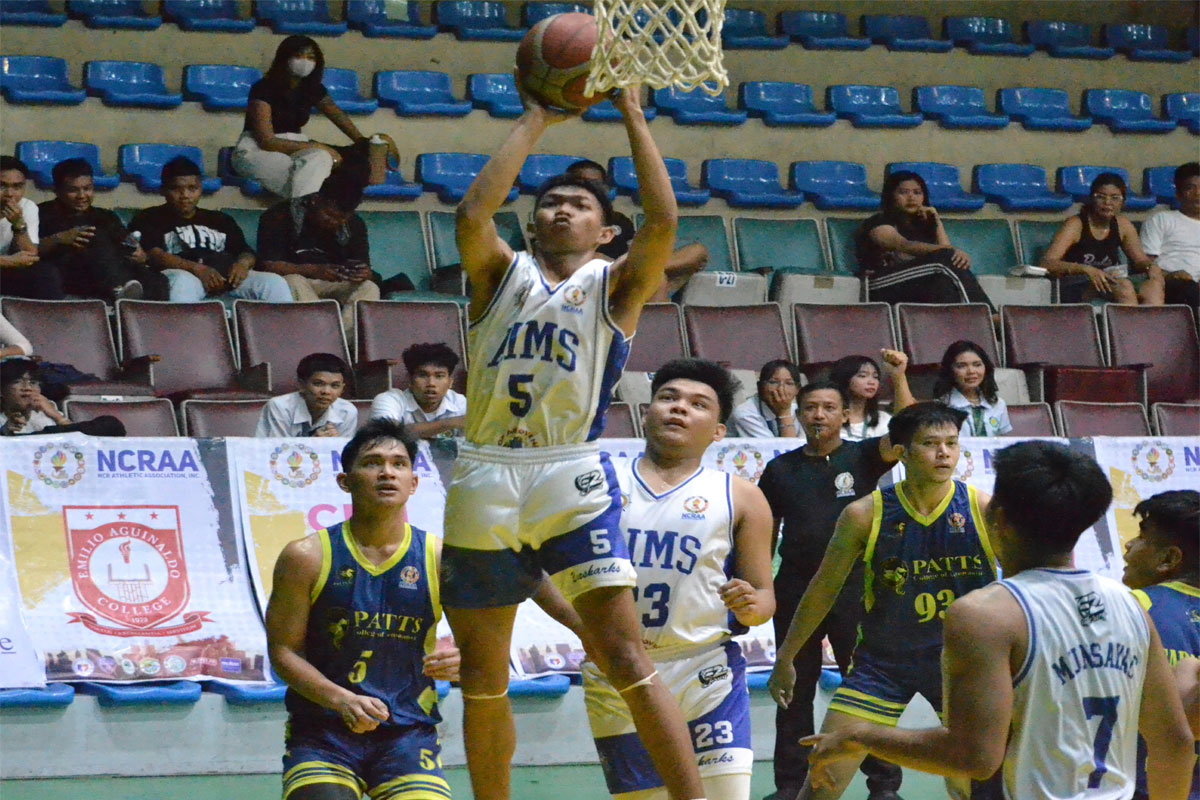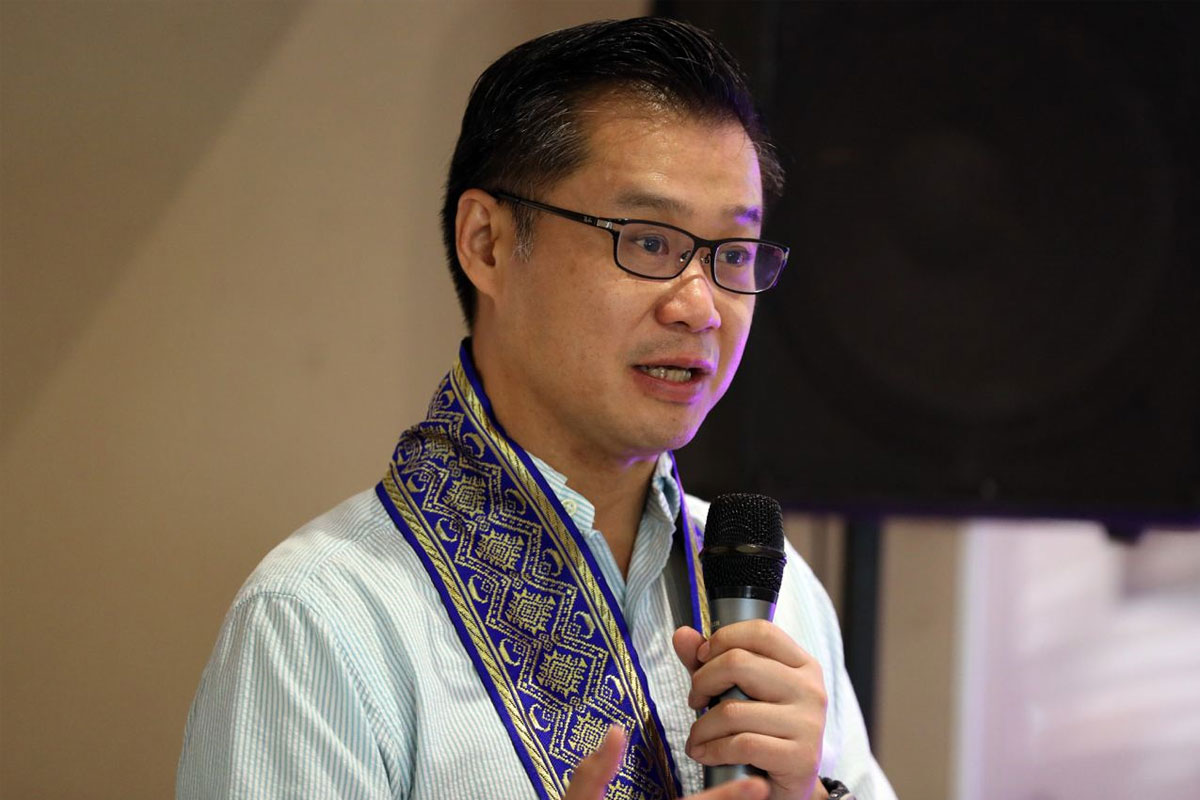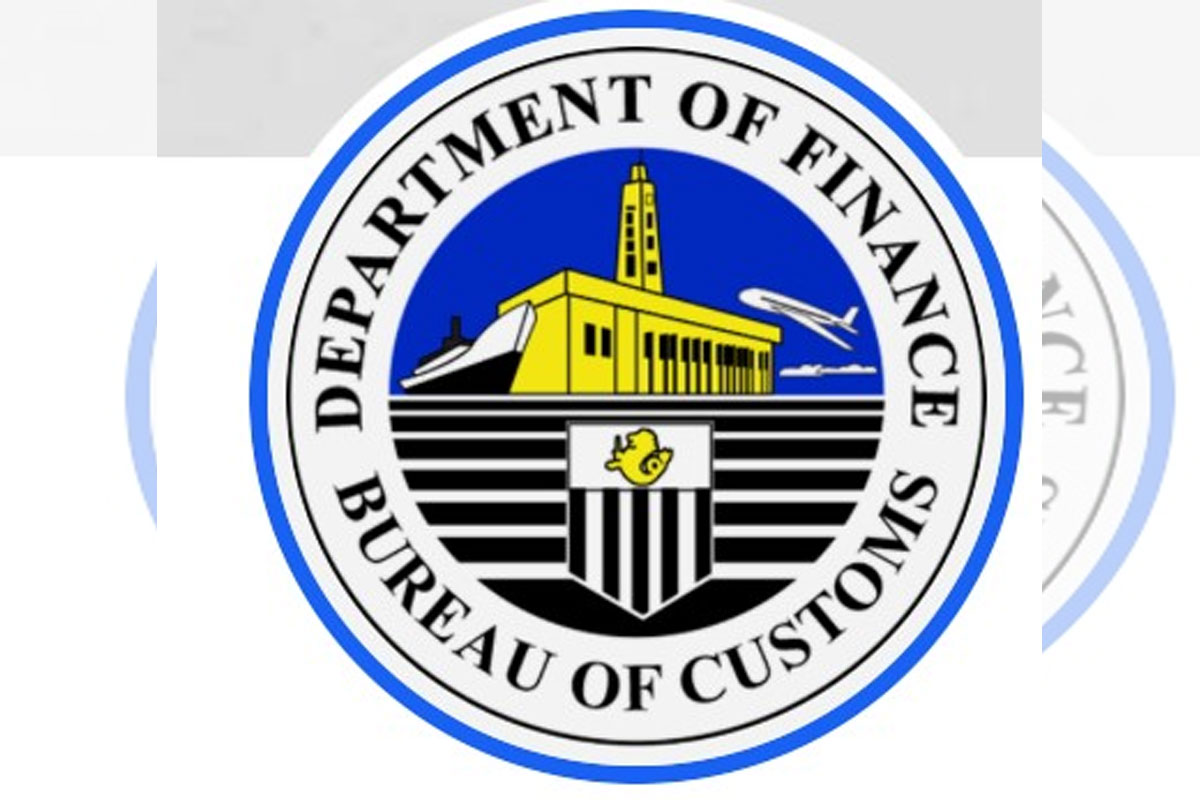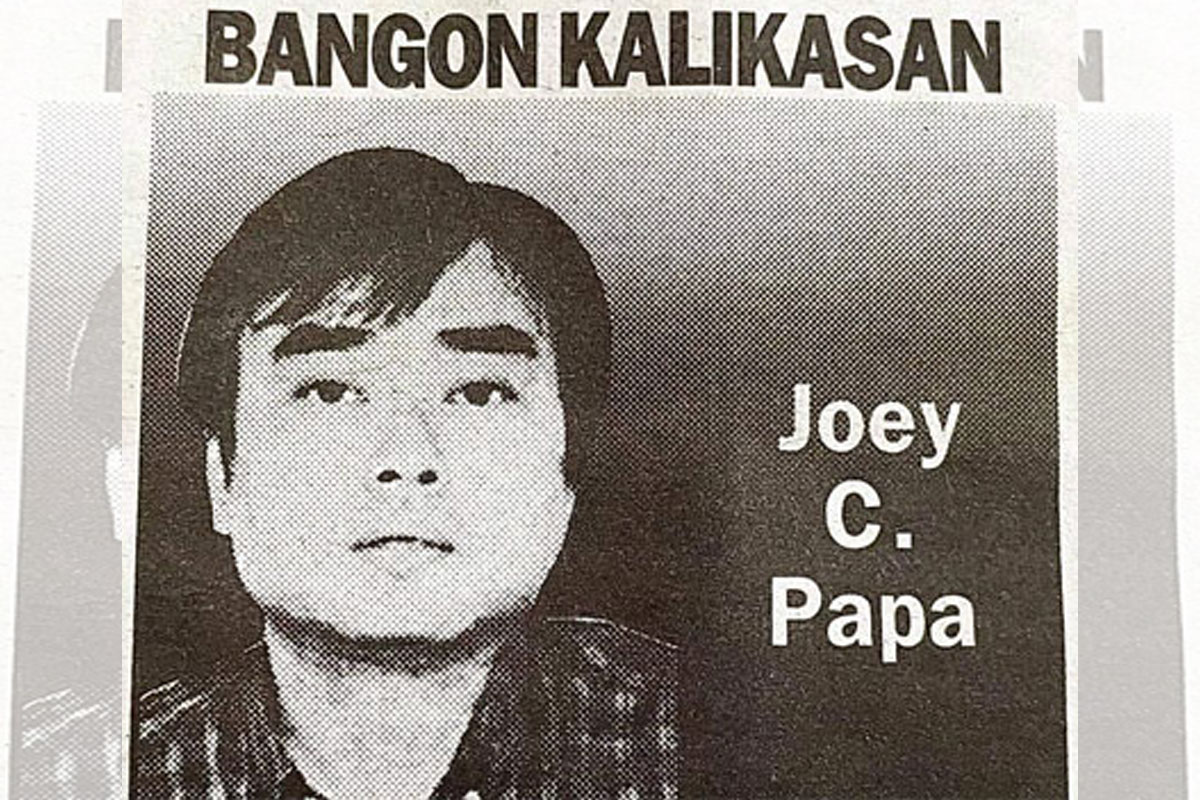
“Filipino Healthcare workers: The Journey of Caring”
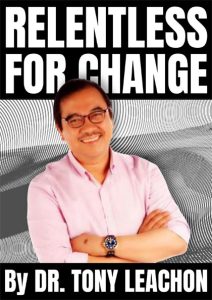 HOW fast time flies ! I reflected with pride and joy the beautiful memories of my medical training days. Today, I honor in our country, family achievers and distinctive descendants that take pride in their shared heritage. Every day becomes even more meaningful with the good deeds of these people and fulfillment of our dreams of our loved ones to become a physician.
HOW fast time flies ! I reflected with pride and joy the beautiful memories of my medical training days. Today, I honor in our country, family achievers and distinctive descendants that take pride in their shared heritage. Every day becomes even more meaningful with the good deeds of these people and fulfillment of our dreams of our loved ones to become a physician.
Childhood Days
What I remember most about my unforgettable childhood was being in the midst of so much energy and passion despite the absence of technology and resources. It was challenging, intimidating, sometimes even discouraging, but somehow exhilarating.
That journey took me to many points and many milestones—some were clearly and intentionally programmed—others were simply by accident– a few were desirably surprising but every step provided me with lessons that brought me to a better and deeper understanding of the whole journey itself.
Today, I speak to you as a co-wayfarer, co-believer, co-dreamer, albeit older, and share with you some reflections and recollections of my own journey as a physician. I speak to you, as an elder brother or a father , who is both proud of what you have attained and accomplished yet a bit anxious about the countless more challenges that you have to endure as you continue your journey.
I therefore address you in cheer and in prayerful wish that you will never stop pondering on the lessons of life which your journey offers. The choice and successful pursuit of a profession is but one tool for achieving your purpose.
Finding one’s purpose isn’t enough. The challenge for us is creating a world where everyone has a sense of purpose.
What I remember most from my childhood are lessons in six themes. Allow me to express and share with you my experiences and thoughts which might help you in your journey after today’s celebration.
1. Hard work and passion
The one thing we always hear from our mentors and measured by your training program is hard work or effort. However there are several issues here.
First, how do we grade effort — is it by staying up and going home late at night ? Or the long and tedious endorsements on a daily basis? Versus learning at the bedside with the patient as the real teacher?
Second, assuming we want to put premium on hard work, how do we measure hard work ? Some people believe that having a good work ethic equates with willingness to slave away for 60 to 80 hours a week — though it is classified as a virtue — we need work life balance in our life. I have seen doctors forgetting their families, their spirituality ,and even their own physical health. Hard work sounds a prison sentence after finishing medicine.
Life has given you something better that you need to enhance as you venture on your journey — that’s passion. Hard workers do things because they have to. People with passion do things quickly with success because they want to. Hard work consumes energy and easily tires you while passion builds up force and commitment and push you to the limits of your abilities without being bored and tired.
People who are driven to excel have this unconscious propensity to underinvest in their families and overinvest in their careers—even though intimate and loving relationships with their families are the most powerful and enduring source of happiness.
2. Education : Knowledge vs Innovation
Doctor comes from the Latin word — docere which means ” to teach.”
Teaching is a valuable opportunity to be involved in the training of tomorrow’s doctors and our future colleagues, not only by imparting knowledge but also by providing them with the real world experience on what it is to be a doctor and, of course, a teacher.
Ratings or Grades by default measure knowledge : fill in the blanks, identification, one or more completion, multiple choice, etc. Well, these measure your knowledge and how much you know ; in education, basic knowledge is a facade. It is not the most important faculty. Unfortunatelycreativity is harder to grade and measure , and … innovation , almost impossible.
Ask a friendly casual question to your patients. Ours is a job of talking to strangers. Why not learn something different about them?
On the surface, this seems easy enough. Let ‘s say, a new patient arrives at the ER; You still have three others to see, two calls to return, and the hour is getting late. In the instant, all you will want is to get things over with.
But I want you, at an appropriate point, to take a small intimate moment with your patient.
Of all the ways in which my dear mother impressed upon me on the value of education, maybe the most profound is this : she taught me everyone had a story worth listening to. This is another way of saying that someone has something to teach.
What I ‘m trying to say — never stop learning; never stop asking questions; and never forget that medicine is an art as well as a science practiced by doctors and researchers who bring to the bedside – and to the bench –- not only technology and training, but also their humanity, caring, and concern.
Patients do not put their trust in machines or devices. They put their trust in you. You have already spent years studying, training, doing research and seeing patients. And you likely had many more years of education and graduations before you.
But please remember that the more skilled you become, the more specialized you become, and the more dependent on technology you become – the easier it becomes to lose your humanity, forget your compassion, and ignore your instincts.
Let us look at from a broader perspective — books, schools , hospitals and training may be the tools of education but they are not its substance. The substance of education has to do with understanding human nature – both our own innermost hearts , the motives and longings of people very different from ourselves.
You are coming of age in an amazing time. It is the worst and the best of times. We have the worst health crisis in the history of mankind. But we have healthcare workers on the frontline to save our patients. You are afraid and excited of what the future may bring , you have technology and knowledge at your fingertips that members of my batch never had. Use your imagination and curiosity with technology to facilitate the learning process and patient care.
3. Remember the Importance of Humility
I got this insight when I was teaching way back 20 years ago
I asked my students to describe the most humble person they knew. One characteristic of these humble people stood out: They had a high level of self-esteem. They knew who they were, and they felt good about who they were. We also decided that humility was defined not by self-deprecating behavior or attitudes but by the esteem with which you regard others. Good behavior flows naturally from that kind of humility. For example, you would never steal from someone, because you respect that person too much. You’d never lie to someone, either.
It’s crucial to take a sense of humility into the world. By the time you make it to a top graduate school, almost all your learning has come from people who are smarter and more experienced than you: parents, teachers, bosses. But once you’ve finished at any top academic institution, the vast majority of people you’ll interact with on a day-to-day basis may not be smarter than you. And if your attitude is that only smarter people have something to teach you, your learning opportunities will be very limited. But if you have a humble eagerness to learn something from everybody, your learning opportunities will be unlimited.
Generally, you can be humble only if you feel really good about yourself—and you want to help those around you feel really good about themselves, too. When we see people acting in an abusive, arrogant, or demeaning manner toward others, their behavior almost always is a symptom of their lack of self-esteem. They need to put someone else down to feel good about themselves.
4.Choose the Right Yardstick
I’ve concluded that the metric by which God will assess my life isn’t money or fame or personal glory, but the individual people whose lives I’ve touched. I think that’s the way it will work for us all.
Don’t worry about the level of individual prominence you have achieved; worry about the individuals you have helped become better people. This is my final recommendation: Think about the metric by which your life will be judged, and make a resolution to live every day so that in the end, your life will be judged a success.
5. Gift of Friendship
By far one of the most important lessons I want to share is about the lesson in friendship. This is something we didn’t get from books, lectures or from our daily rounds, this is something we have learned from each other.
For sure it can’t be reflected in the diploma that you’ll get after your training. So savor this last moment of training and look around you. Look at the wonderful friends you have found. Remember their names and faces.
Say your goodbyes for now – You don’t know this yet – your co residents and co fellows are unlike any. They will last forever. You may be parting ways now, but your paths will cross again regardless of the specialty you have chosen. Our futures might be diversified but our values will remain one and the same.
And I hope that you will come back here years from now and reflect on what you have done with your talent and your energy. I hope you will judge yourselves not on your professional accomplishments and material possessions alone, but also on how well you have addressed the country’s deepest needs and inequities … on how well you treated people and patients with compassion and care.
6. Doctors as Leaders
Lastly, please allow me to leave with a final word of advice. Your training here wasn’t just meant to make you good practitioners or teachers or researchers. You were trained to be something more – to be leaders. Maybe we didn’t train you by words, but certainly by example from your great mentors.
Have no doubt about it. You will be summoned upon to lead someday. And as leaders, you are not designed to maintain the status quo. You are designed to challenge the process.
Because of this, two things can become most important in your lives as doctors.
First, the ability to see what’s wrong, even when no one else can.
And second, the strength and courage to fight for change and finish the fight.
In the process, some people will dislike you, because change is never easy.
Some may even hate you. That’s inevitable. Just remember the complete recipe to fail is to please everyone.
Remember – if everybody likes you, you must be doing something wrong.
Should you take the path of caring and service, should you choose to take up one of these causes as your own, know that you’ll experience the occasional frustrations and the occasional failures.
Even your successes will be marked by imperfections and unintended consequences. I guarantee you, there will be times when friends or family urge you to pursue more sensible endeavors with more tangible rewards. And there will be times where you will be tempted to take their advice.
But I hope you’ll remember, during those times of doubt and frustration, that there is nothing naïve about your impulse to change the world. Because all it takes is one act of service — to send forth what Robert Kennedy called that tiny ripple of hope.
We are immensely proud of all of you, and what you have done during your stay. You are like our children , brothers or sisters to all of us.
Young colleagues, thanks for touching our lives. Now go out and change the world – one step at a time, always starting with yourself.
Remember what Mahatma Gandhi said,
“Be the change that you wish to see in the world.”. By Anthony C.Leachon , MD
####
Anthony C. Leachon, M. D.
Independent Health Reform Advocate
Past President ,
Philippine College of Physicians
Consultant , Internal Medicine – Cardiology
Manila Doctors Hospital





